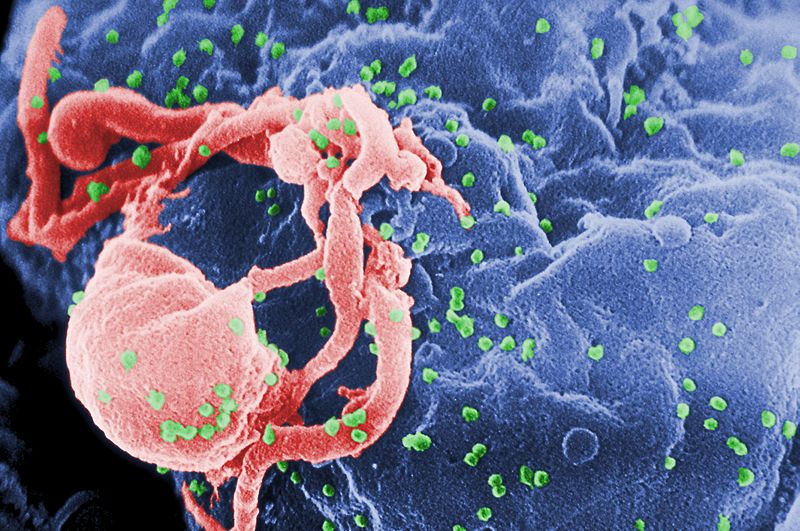UK's Kymab could help develop HIV vaccine

UK biotech Kymab could help develop a new approach to vaccinating against HIV, according to research published in the journal, Science.
Kymab has teamed up with The Scripps Research Institute of San Diego, California, and the International AIDS Vaccine Initiative, to conduct the research.
An HIV vaccine has proved elusive over the last 30 years, but the researchers are building on one tantalising phenomenon: a small group of people who become infected by HIV develop broadly neutralising antibodies against diverse HIV strains.
Such antibodies would be ideal to protect against or possibly treat HIV infection, and the collaborators say they have now achieved a milestone in producing this response in genetically adapted mice.
The paper, “Priming HIV-1 broadly neutralising antibody precursors in human Ig locitransgenic mice”, showed the company's Kymouse could be used to test possible vaccine, and suggest ways in which vaccine candidates can be improved.
The company has big ambitions to become Europe's equivalent of Genentech or Amgen, based on the very broad potential of its Kymouse antibody platform.
Kymouse is a mouse that has been modified to mimic human antibody responses.
Antibodies against HIV originate from a limited number of precursor antibody-producing cells in the body and acquire their protective properties only during a long course of infection.
Although these cells have been activated when immunising certain biased animal models, this is the first time it has been achieved through immunisation of an immune system resembling that of a human being.
The researchers injected Kymouse strains with a nanoparticle formed of 60 copies of a small protein that mimics HIV and was designed to bind and stimulate the specific precursor cells for one class of broadly neutralising antibody. They expected to find just one such precursor cell (among tens of millions of such cells) in each immunised mouse.
They then looked to see whether or not the mice had mounted an antibody response to this injection. Given the combined challenges of a complex immunogen structure and the rarity of the right antibodies, an effective response against the HIV immunogen was elicited remarkably efficiently.
Professor Allan Bradley, chief technical officer at Kymab, and director emeritus of the Wellcome Trust Sanger Institute, said: “Using Kymouse, we show how an advanced vaccine candidate can search out the one cell among tens of millions antibody-producing cells and make it proliferate.
“Kymouse can deliver antibody responses that we need to build effective HIV vaccines.”
The news helps further establish the potential of the Kymouse platform which was co-founded by UK biotech veteran, David Chiswell, also currently its chief executive.
Its lead candidate is an antibody therapeutic targeting OX40L, for indications that include inflammatory disease and Graft versus Host Disease (GvHD). The molecule is currently in pre-clinical development, and Kymab plans to start clinical trials in 2017.












